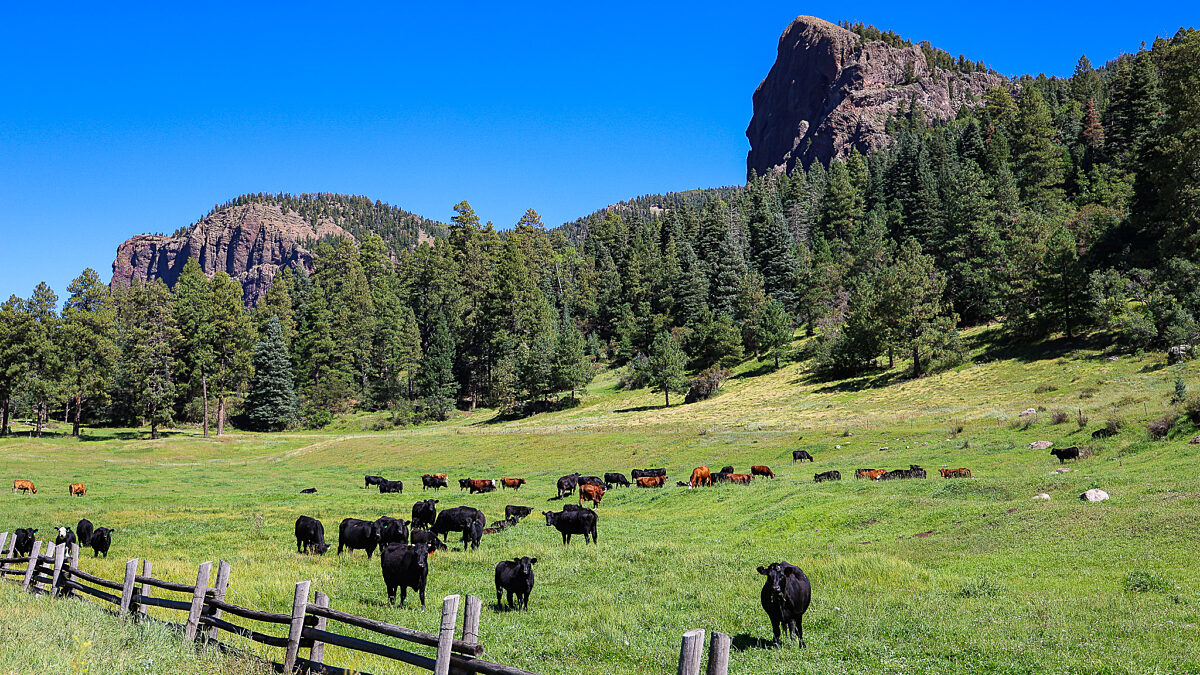It's Not All Local
Guest Author
Special Contributor to FB.org

photo credit: Colorado Farm Bureau, Used with Permission
Guest Author
Special Contributor to FB.org
When I tell people my husband farms and raises cattle for a living, I am rarely met with disdain or insults. Most people genuinely appreciate the long hours and hard work that goes into putting food on their plates. And right on cue it seems, they are quick to lend their support and follow up with an enthusiastic, "Oh, I always try to buy local."
Buying local is great! There are thousands of farmers who rely on local farmers' markets or food cooperatives to move their goods. But we aren't one of them. You won't find us at the town square on Saturday mornings, and we aren't marketing our beef at the local grocery store. Yes, we do occasionally sell beef to family and friends and donate hamburger for non-profit events. But all of our income is a result of national and international markets. We raise corn, soybeans, grain sorghum and wheat on our farm outside McPherson, Kansas, each year. All four crops are commodities and traded on the national market. Competitive market prices and U.S. exports help bolster our crops' value.
We make your $40 steaks and toasted rolls at your white-tablecloth, date-night restaurant possible. It's our soybeans that go into hog feed for your family's Saturday morning bacon-and-eggs breakfast at McDonald's, and the milo that has allowed for the expansion of gluten-free products. We are proud international farmers that grow crops used around the globe and raise beef that is coveted by red meat lovers on all continents. But having a large market for our farm products doesn't mean we're big, corporate farmers. Ours is a fourth-generation farming family hoping to see the fifth generation return to follow in our footsteps. And we're working hard to preserve our land for the next generation as we conserve water usage through new irrigation practices and use crop technologies to dramatically reduce our inputs and soil erosion.
It takes farms of all types and sizes to meet the always-changing desires, demands and dishes found around the globe. Some choose to keep their products local. Others, like us, ship our products across the globe. It doesn't mean we put any less time, energy or effort into raising those crops. It simply means our customers live a little farther away. That's okay, as long as someone is enjoying the fruits of our labor.
So the next time you meet a farmer, remember, it's not all local. Simply enjoying your next meal and understanding the time and energy it takes to get it from the pasture to your plate is support enough for this farm family.
Katie Sawyer is a farm blogger and advocate. She and her husband, Derek, farm and raise cattle on their fourth-generation family farm outside McPherson, Kansas.
Trending Topics
VIEW ALL